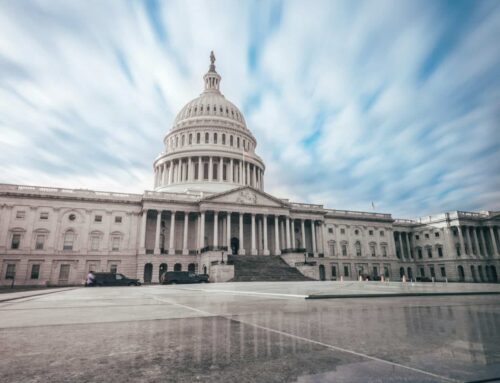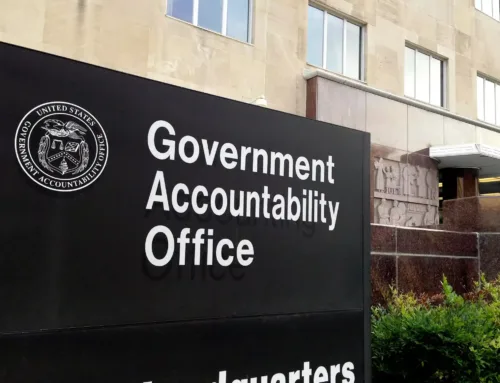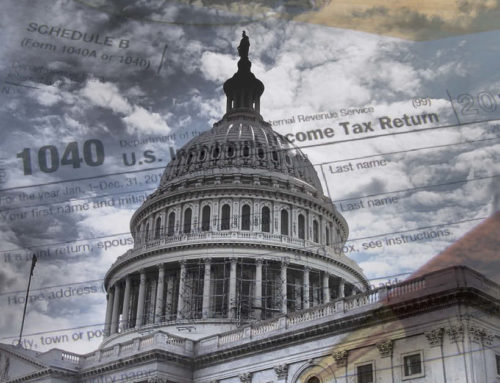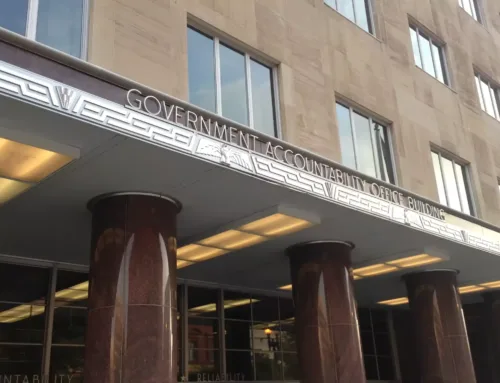Sen. Rand Paul publicly demanded spending cuts before he’d vote for legislation providing health care to 9/11 first responders. So when he signed on the next day to an effort to give bourbon makers in his home state of Kentucky a tax break, critics wanted to know how it would be paid for.
Paul’s spokeswoman said it will be, but no specifics beyond a pledge to provide details later year were offered this week when he and Senate Majority Leader Mitch McConnell announced the bourbon break in a Wednesday press release.
Paul and Sen. Mike Lee, R-Utah, were the only senators Tuesday to oppose making permanent the September 11 Victim Compensation Fund which pays out claims for illnesses and deaths related to the aftermath of the Sept 11, 2001 terrorist attacks. Paul held up speedy passage of the bill to protest its lack of any way to pay for the measure.
Then came the bourbon bill. Paul said Thursday that critics accusing him of being hypocritical were wrong.
“It’s been part of the reason that I ran for office, that we shouldn’t add more debt to our country without trying to pay for it by maybe reducing spending,” Paul said on the Senate floor during the debate on the 9/11 bill. He noted that he’s tried to pair similar spending cuts with other tax and spending measures, including hurricane relief and U.S.-Mexico wall funding bills.
The bourbon break would be subject later this year to a federal “pay-as-you-go” budget rule that requires tax cuts or increases in spending to be offset by spending cuts, his office said.
“Senator Paul has consistently fought to bring fiscal sanity to the Senate through proposing multiple balanced budgets,” said spokeswoman Kelsey Cooper.
The bourbon proposal by Paul and McConnell would make permanent an about-to-expire provision in the tax code that allows for the deduction of interest expenses related to bourbon inventory in the year the expenses are paid. The provision was inserted into the Republicans’ 2017 tax cut bill at McConnell’s behest. No cost estimate is available.
The Kentucky Republicans said in their press release that the break would provide Kentucky bourbon producers — who have been affected by tariffs imposed by the European Union in retaliation for President Trump’s tariffs on imported steel and aluminum — with a “level playing field” against their global competitors.
Taxpayers for Common Sense, a nonpartisan advocacy group, which generally opposes such tax carveouts to targeted industries, said Paul should identify a way to pay for the measure.
“This is spending through the tax code, giving up revenue you would otherwise receive,” said Steve Ellis, the group’s vice president. “At the end of the day, it has the same impact. If you’re going to propose this and going to be serious about pay fors, you should be coming up with one.”
Paul told McClatchy Thursday insisted that he tried to balance the 2017 tax cut bill with spending cuts, proposing an amendment to cut mandatory federal spending, or spending that can go up automatically, before the Senate voted on the tax package. The amendment failed 94-4.
“They just say ‘Oh, you voted for taxes, you don’t care about debt,’ completely untrue,” Paul said. He came under withering criticism from former Daily Show host Jon Stewart, who championed the 9/11 first responders bill, accusing Paul in a Fox News interview of trying to “balance the budget on the backs of the 9/11 first responder community.”
Paul said when he voted for the tax cut, it was subject to the federal rule that requires spending to be cut if the legislation raises the deficit.
“I voted for the tax cut in a completely fiscally responsible manner,” he said.
But the rule is routinely waived and two days after the tax bill was passed, the House passed a spending bill that included a measure that averted a $25 billion in Medicare cuts that would have been triggered by pay-as-you-go rule.
Paul at the time tried to force a Senate vote to keep spending cuts in place.










